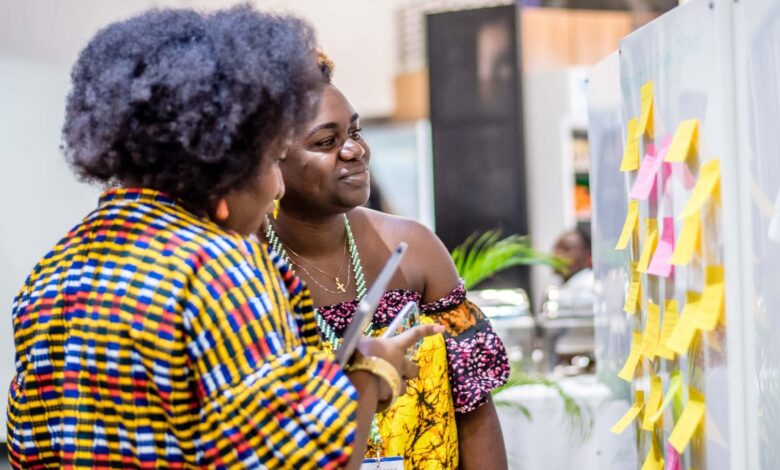
Google has officially opened applications for the 2025 cohort of its Google for Startups Accelerator Africa program. The initiative, which first launched in 2018, supports early-stage African startups—specifically those leveraging artificial intelligence (AI)—through an intensive three-month hybrid program offering equity-free resources, mentorship, and technical training.
Empowering African Startups with AI
The 2025 edition of the accelerator specifically targets startups that are using AI to solve complex systemic challenges on the continent. Whether in agriculture, healthcare, education, fintech, or other sectors, the program is looking for scalable, impactful startups with a strong AI-first or AI-integrated approach.
To qualify, startups must:
- Be headquartered in Africa
- Have at least one African founder
- Offer a live product already in the market
- Show clear product-market fit and growth potential
- Be open to integrating Google products into their operations
What Selected Startups Will Get
Selected participants will receive:
- Up to $350,000 in Google Cloud credits
- Access to equity-free support
- Expert mentorship from Google professionals and industry leaders
- Tailored technical training and product development guidance
- Networking opportunities with investors, partners, and fellow founders across Africa and beyond
Focus on Real-World Impact
The program has previously supported more than 140 startups from 17 African countries. Collectively, these companies have raised over $300 million and created more than 3,000 jobs.
An example is Crop2Cash, a Nigerian agritech company that graduated from a previous cohort. The startup offers digital tools that help farmers create verifiable digital identities, access formal credit, and manage traceable payments. Their technology has helped bridge the gap between smallholder farmers and formal financial systems, tackling key issues in food security and economic inclusion.
A Broader Commitment to Africa’s Tech Ecosystem
This program is part of Google’s broader effort to support the African digital economy. Other recent initiatives have included AI-powered weather forecasts across the continent, tools for linguistic inclusion, and policy dialogues around ethical AI.
As Sub-Saharan Africa continues to face pressing social, economic, and environmental challenges, programs like this are increasingly critical in fostering homegrown innovation with global relevance.





